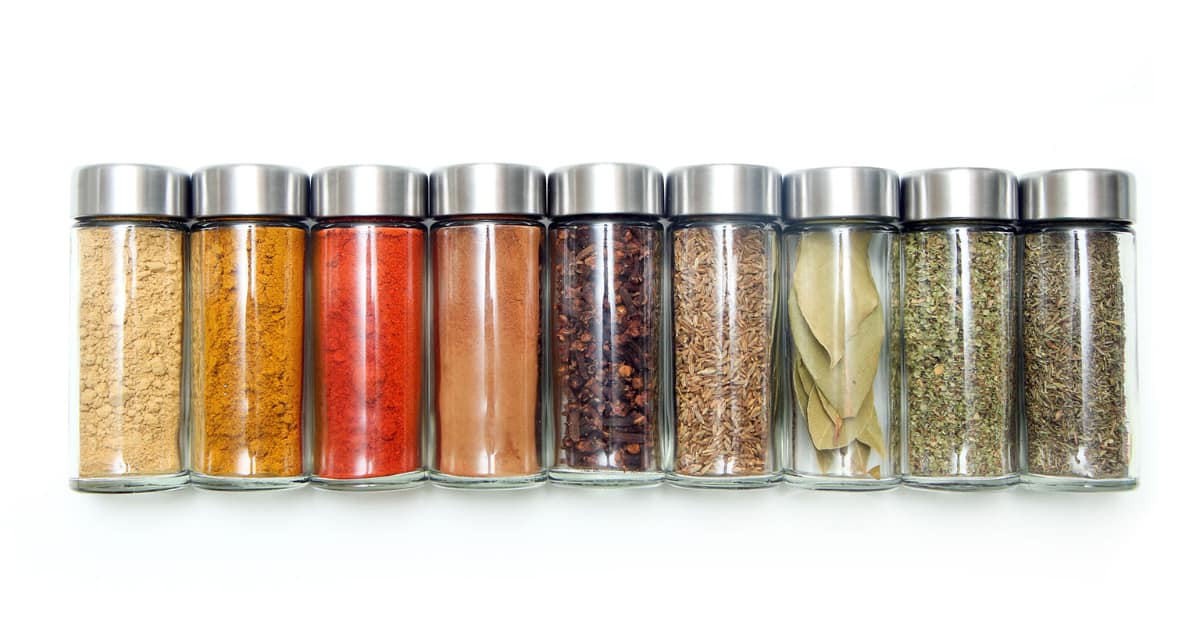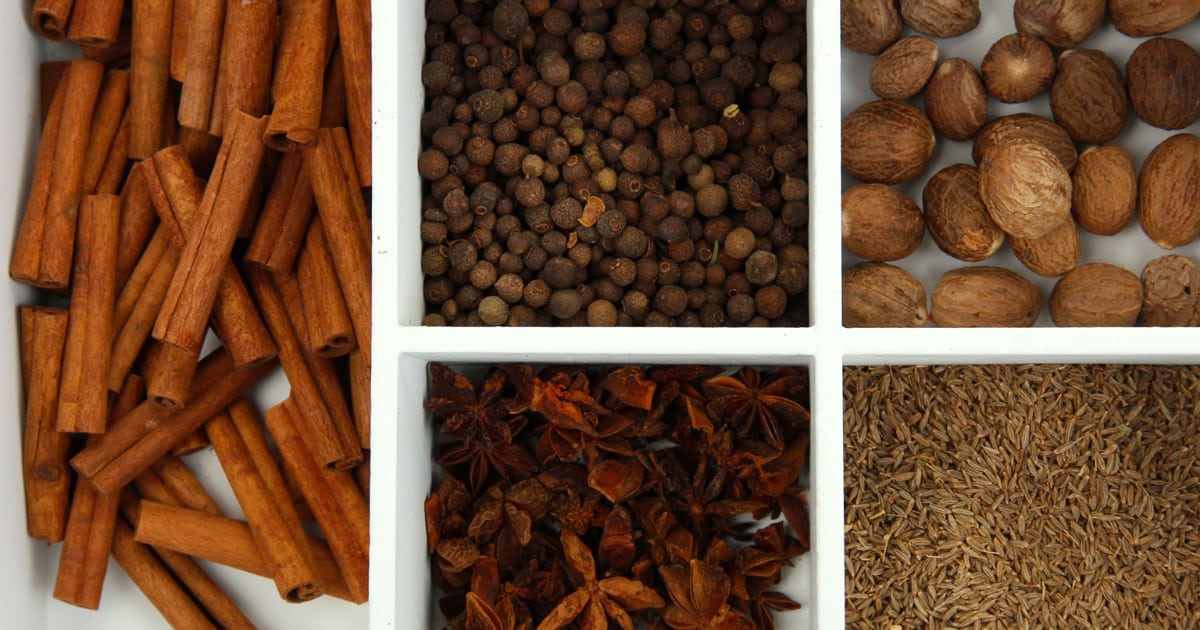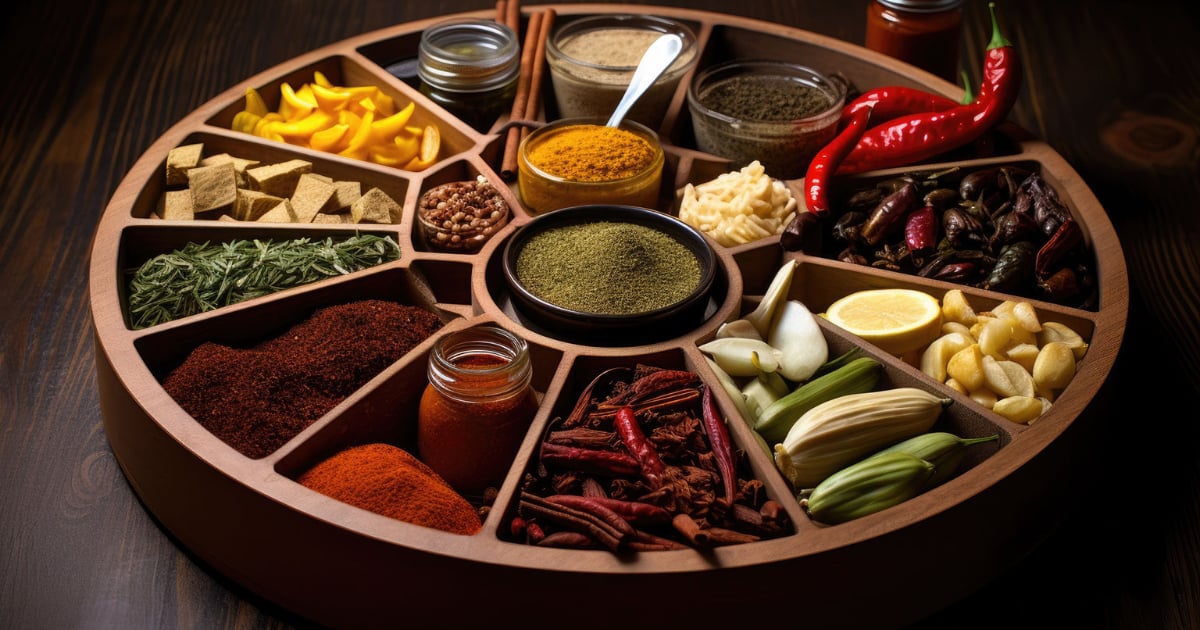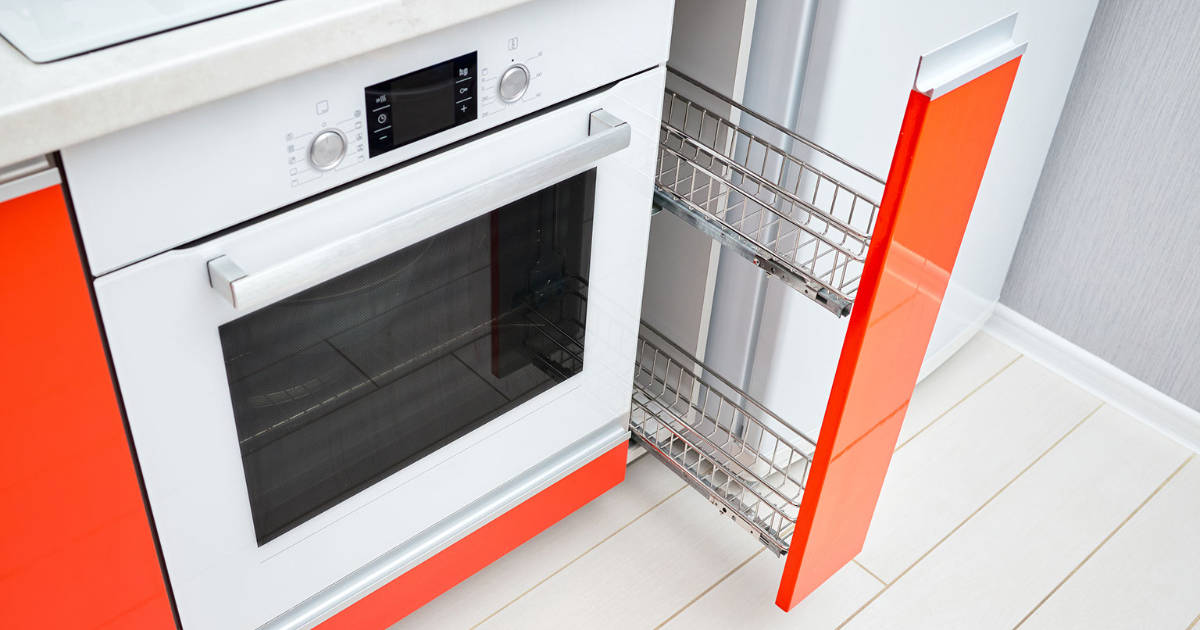Your spice collection is likely a prized possession. These aromatic ingredients add life to your cooking and allow you to create dishes from around the world right in your own kitchen.
However, most homes lack a designated space to properly store spices. Jars and bottles end up scattered across cabinets and drawers, resulting in a frustrating hunt when a recipe calls for a certain spice.

Don't let your spices lose their flavor and potency due to improper storage. With some thoughtful organization, you can keep your spice stash tidy and accessible.
Line Them Up in a Drawer

A shallow drawer near your stove or prep area makes an ideal spice storage spot. The spices will be within arm's reach as you cook. If the drawer is deep enough, stand spice jars upright and secure them with DIY dividers. For shallow drawers, lay jars on their sides at an angle using a specialized spice drawer organizer.
Pros:
- Convenient access to spices while cooking
- Utilizes often underused drawer space
- Angled jars are easy to see and grab
Cons:
- Spice bottles can get jumbled without the dividers
- Drawer access can be blocked by open cabinet doors
Display Them on Floating Shelves
Open shelving is trendy in kitchens today. Take advantage of this style by lining up your best-looking spice jars on floating shelves. Keep everyday spices within reach near the stove. Shelve the spices you use less often in a high cabinet.
Pros:
- Makes spices part of the decor
- Easy to see spice labels
- Can place shelves where convenient
Cons:
- Dust and grease splatter are visible
- Sunlight can damage spices over time
Store in a Cabinet with a Riser
For those who prefer enclosed cabinet storage, install a riser shelf. This organizing tool takes up the entire width of the cabinet to hold multiple spice jars in a tidy row. Many risers expand to fit the cabinet size so you can reconfigure them as needed.
Pros:
- Keeps spices hidden but easily accessible
- Adjusts to fit your cabinet width
- Allows you to use cabinet space efficiently
Cons:
- Spices stored on lower shelves are hard to see
- Can make cabinet cluttered if overfilled
Get Your Spices Spinning

A lazy Susan is an ideal home for round spice jars. The spinning turntable makes every bottle accessible with just a swivel. Double your capacity with a two-tier lazy Susan. Or, place two organizers side-by-side in a roomy cabinet or pantry.
Pros:
- Provides efficient storage in corner cabinets
- The rotating design makes spices easy to find
- A compact footprint saves precious space
Cons:
- Only fits round jars and bottles
- Spices can shift around while spinning
Free Up Space with Magnetic Jars
Small kitchens require creative storage solutions. Make use of wasted space by mounting magnetic spice jars on your refrigerator. Keep your most frequently used spices in the fridge for cooking convenience. Store less common ingredients in a cool, dark cabinet to maximize freshness.
Pros:
- Handy when cooking at the stove
- Frees up room in crowded cabinets
- Allows you to see spice labels at a glance
Cons:
- Only works for small jars and tins
- Spices must be transferred into magnetic containers
Pull Them Down with Ease

Can’t see or easily reach the spices shoved in a back cabinet? Install slide-out pull-down spice racks to eliminate stretching and searching. The racks retract when not in use to conserve space. For maximum efficiency, mount them near your main food prep zone.
Pros:
- Brings hard-to-reach spices down to eye level
- Keeps spices visible yet tucked out of the way
- Install multiple racks to maximize storage
Cons:
- It can be tricky to mount evenly
- Each rack only holds a limited number of jars
Decant into Matching Jars for Uniformity
Transferring spices into matching canisters gives your collection a uniform, upscale look. Line up the matching jars on a shelf, lazy Susan, or drawer insert. For quick identification, use a label maker or chalk marker to identify each spice.
Pros:
- Streamlines your spice storage aesthetics
- Easy to see and identify spices
- Looks neat and decluttered
Cons:
- Time-consuming to transfer spices
- Matching jars take up more space
Get Creative with Spice Rack Alternatives
Look beyond typical spice racks to discover clever storage spots. Mount jars inside cabinet doors to use vertical space. Attach them underneath upper cabinets to take advantage of an unused area. Simple floating shelves or wall-mounted test tube racks display spices with style. Think outside the box!
Pros:
- Makes use of overlooked storage zones
- Frees up cabinet and drawer space
- Creates eye-catching focal points
Cons:
- Installation can be tricky
- Spices used less often may get buried
Keep Spices Fresh with Air-Tight Containers
The type of storage container impacts a spice's longevity. To keep spices fresh for up to two years, transfer them into air-tight containers without excess air space inside. Store spices in a cool, dark place and check expiration dates or discard them if you detect faded color or weakened aroma.
Pros:
- Locks in volatile essential oils
- Allows you to buy spices in bulk
- Easier to see the spice level at a glance
Cons:
- Adds another step when prepping spices
- It can be difficult to gauge quantities
Shop Smart for Spices that Stand the Test of Time
Extend the life of your spice collection with smart shopping habits. Seek out spices with harvest dates listed to determine freshness level. Whole dried spices last up to three years, while ground versions expire sooner. Only buy small batches of spices you use rarely so they don’t languish. Store new purchases properly as soon as you get home.
Pros:
- Allows you to assess true spice shelf life
- Prevents you from buying too much
- Ensures you use spices while the flavor is optimal
Cons:
- Many brands don’t provide harvest dates
- Requires tracking usage and planning purchases
Label Jars to Identify Expiration Dates
Get into the habit of labeling your storage containers with either the purchase date or expiration date. Use a permanent marker directly on glass or metal jars. On plastic, stickers, or foil packets, attach labels to designate a clear toss date.
Pros:
- No more mystery if a spice is stale
- Lets you use older spices first
- Takes the recall work out of rotation
Cons:
- Easy to forget to label a new spice
- Handwritten labels can look messy
- Stickers may peel off containers over time
Display Everyday Spices Front and Center
Think about convenience when arranging your spice storage. Keep go-to spices you use multiple times a week in front. This might be a front drawer, upper shelf, or turntable. Store supporting spices and rare specialty spices behind these headliners. You’ll save time and effort while cooking.
Pros:
- Reduces daily frustration finding spices
- Lets you grab and go while cooking
- Encourages you to use and rotate spices
Cons:
- Trial and error to find your "top ten"
- Frequently-used spices vary by cook
FAQs
What are some unique ways to display my spices as part of my kitchen décor?
Get creative with wall-mounted options like floating shelves, mounted magnetic tins, or wire baskets to elegantly show off your spices. For countertop flair, explore tiered stands, pretty canisters, or even repurposed vintage crates. Implementing decorative spice storage shows off your kitchen style.
If my spice collection outgrows my cabinet space, where are some unconventional places I can store them?
Don't limit yourself to just cabinets and drawers! Clever hides for overflow spices include inside cabinet doors, underneath upper cabinets, or even mounted on the side of your refrigerator. A rolling cart with spices also provides portable storage you can tuck away. Think outside the box!
What are some tips for storing spice blends I make myself at home?
For homemade spice mixes, use containers that block light to prevent fading. Clear glass looks pretty but exposes the spices to damage. Make sure blended spices are kept in air-tight containers to retain aromatics. Use clean, dry spoons when scooping to prevent contamination. Date homemade blends so you know when to toss and replace.
How often should I check expiration and purchase dates on spices to ensure freshness?
Get into the habit of noting expiration or purchase dates on spice packaging when you first get them home. Whole spices keep for 2-3 years, and ground versions for around one year. Check dates periodically and use older items first. Buy smaller amounts of rarely used spices. An annual purge gets rid of stale, flavorless spices.
Conclusion
A well-organized spice collection is a cook's secret weapon, allowing you to quickly locate any seasoning to add intrigue and depth to your dishes. While it may seem like a challenge to corral all those bottles and jars, innovative storage solutions exist to suit any kitchen's needs.
Get creative with your space and embrace ideas like slide-out racks, spinning carousels, specialized drawers, and magnetic walls. Shop smartly, using air-tight containers and watching expiration dates.

